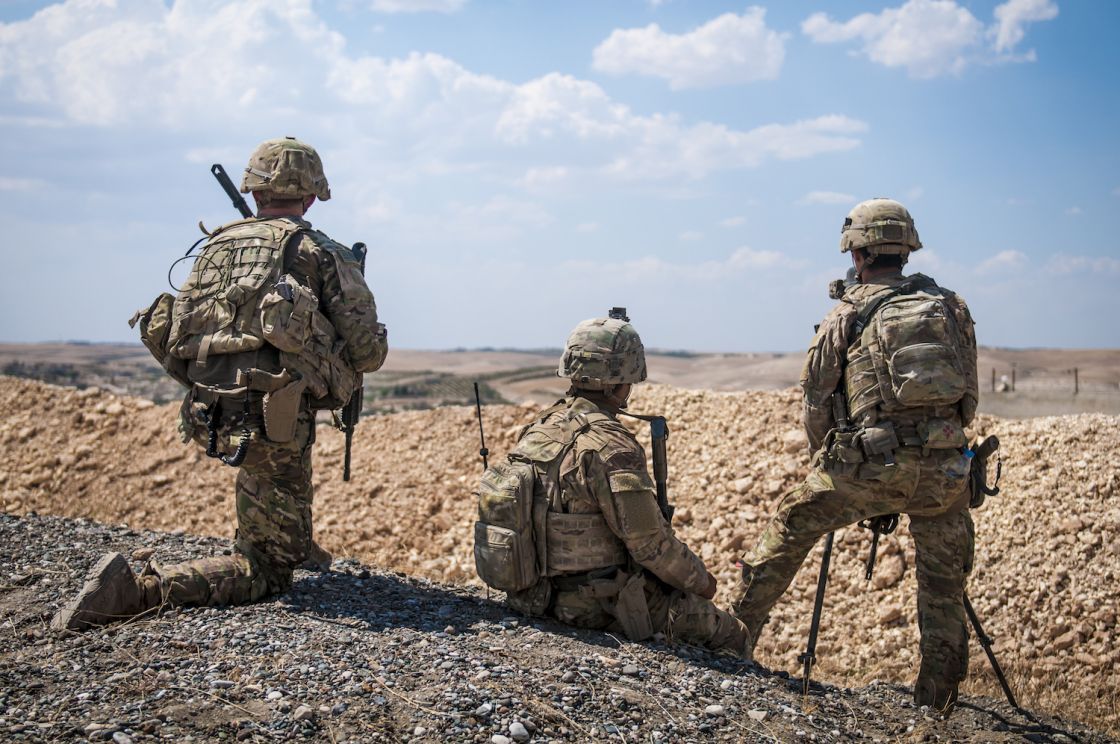- Editorials
- Posted
Procrastination: the Maximal US Ambition
The Sochi Agreement on the demilitarized zone in Idlib proceeds within its time limits, and the Russians reiterate that the situation is temporary and that the end of terrorism in Idlib will be completed. The Americans – after the deployment of S300, and the difficulty of decoupling the Russian-Turkish consensus – do not rely much on obstruction in Idlib. They continue laying mines inside the other files on the path of political settlement of the crisis, and we can read the current behavior of the Americans as follows:
• The American military presence in East Euphrates is the main tool of obstruction, as it may allow them to control the file of the Kurdish issue, and play on «the establishment of an independent entity», which may create tension that starts with Syria and does not end in Turkey. But this American reliance is faced with many obstacles, the most important of which is the high coordination between the parties of the Troika of Astana, which is concerned with the Kurdish file in general, and in Syria in particular. This may help preventing the Americans use of Syrian Kurdish parties to make tension, and contain them to put the issue within the overall political path. The most important drawback obstacle is the fragility of US forces and their low military effectiveness: Americans can not risk a military escalation, because any loss of their troops can lead to deep political repercussions in the United States, between the divided parties over whether to keep US troops or not. This applies also on the US military presence in the Syrian Tanf area. US forces are unable to effectively escalate militarily and therefore politically, making their presence just a matter of time, and a tool of procrastination no more.
• In the Constitutional Commission file, the Americans are trying to make obstruction through their "new policy" in the Small Group, setting conditions, and even outcomes, for the commission's work even before it begins. Thus, they do not only violate international resolutions such as UNSC Resolution 2254, which affirms that the fate of the Syrians must be determined by the Syrians themselves, but they also run against the balance of forces that say that Americans in the political process are less able to set conditions. All that has been achieved so far has been extracted from them, and through the new international relations and what have been produced in Astana and Sochi.
• Finally, in the file of the return of refugees and reconstruction, the Americans rely on procrastination, by setting the reach to the ends of the political process as a precondition to contribute to what is necessary to secure the return of refugees and funding reconstruction... The irony is that all the files that they have procrastinated in their participation in them, and tried to delay, have progressed without them: from the zones of de-escalation; to ending terrorism; to Sochi and the decision to form the Constitutional Commission. The same will also apply to all aspects of UN resolution 2254, including the return of refugees and reconstruction, in which the West will not be able to contribute effectively, in the context of a global economic crisis that will escalate over the next two years. This will make resolving these files go without the Americans, and with a minimal role and influence of the United States.
If the Americans are relying on procrastination in the Syrian crisis, as both a means and end, this is because they know that the prospect for chaos and division has become obliterated, but they have no choice in hand. The quick surrender to the new balance of forces in today's world is not easy at all, though it will happen sooner or later.
Kassioun Editorial, Issue No 883, October 15, 2018


